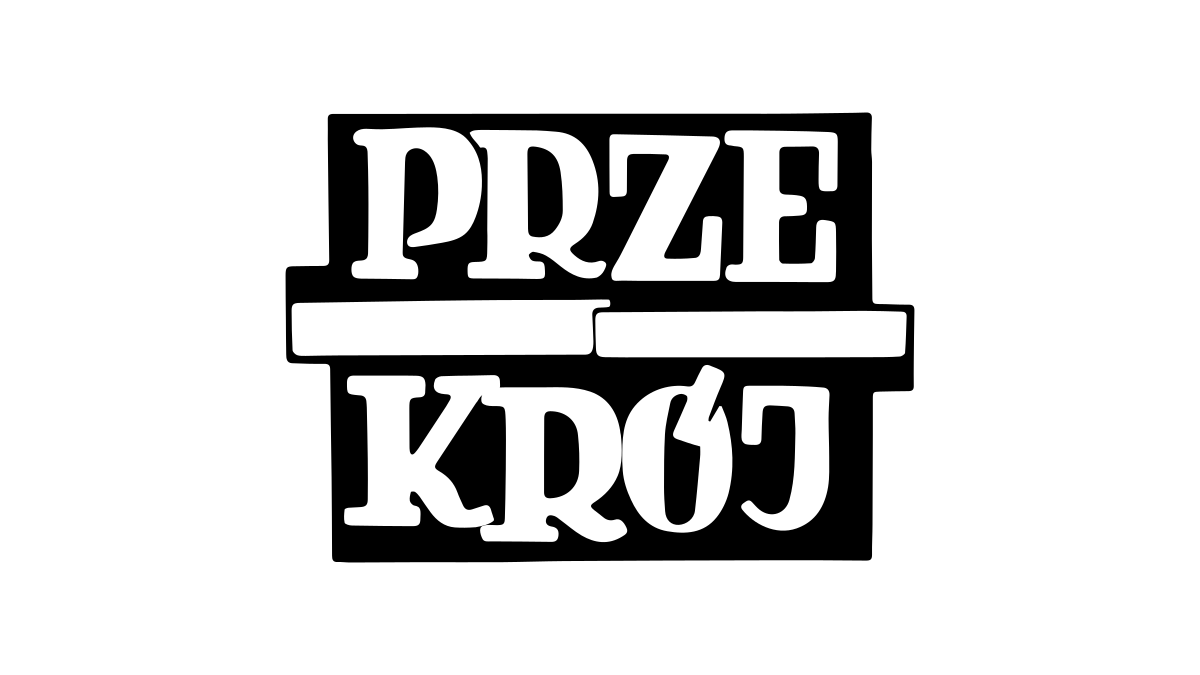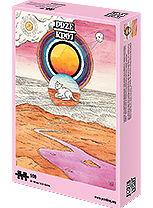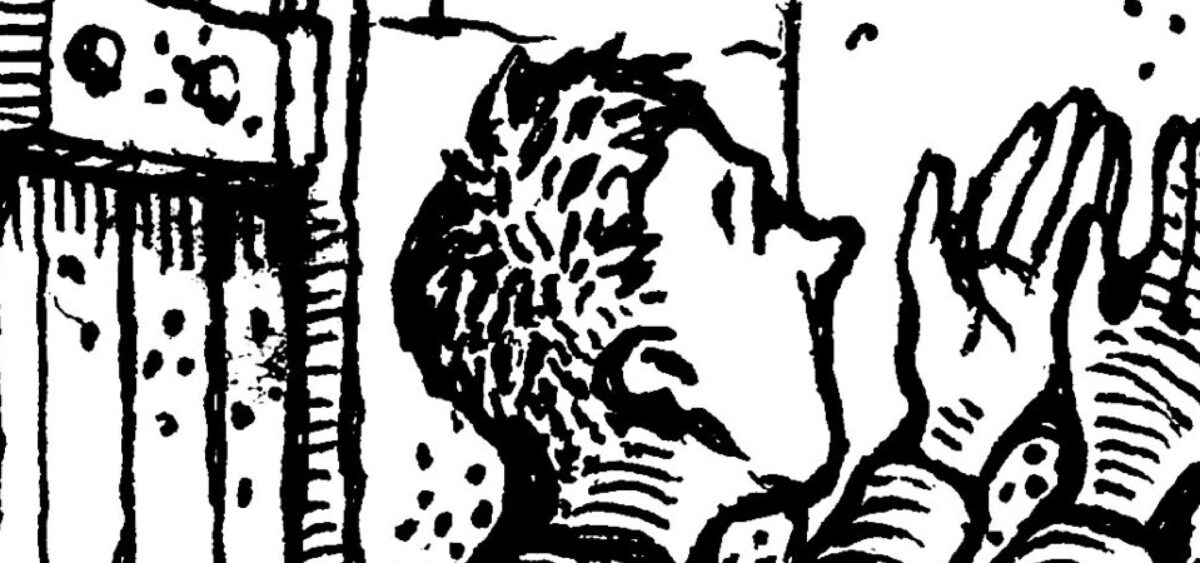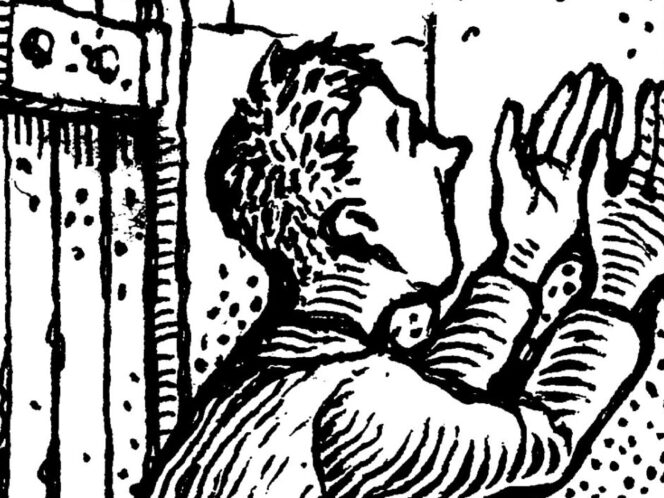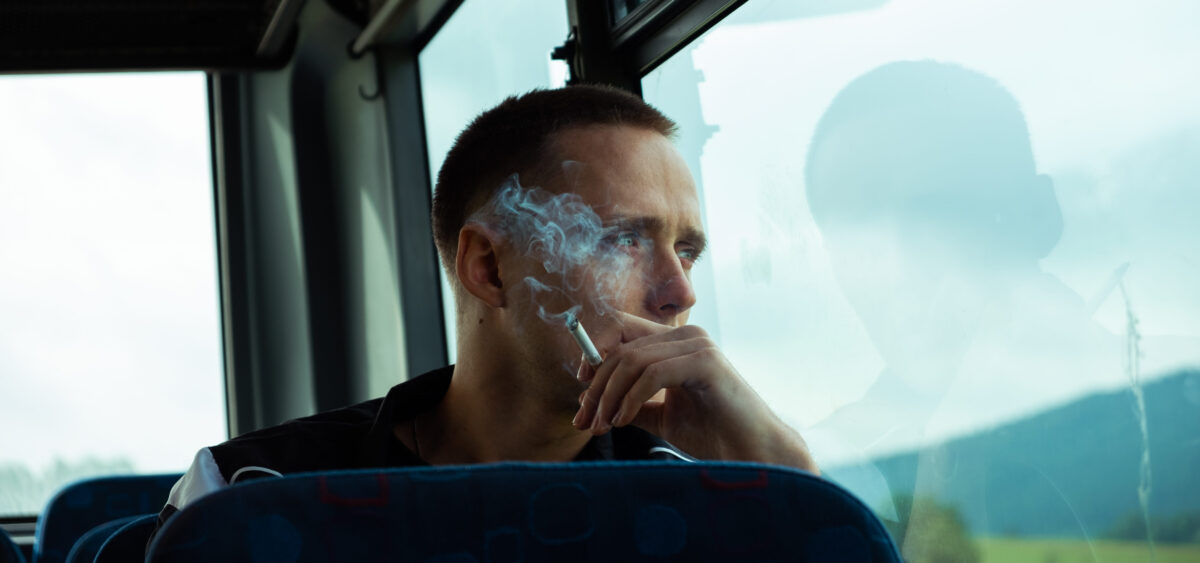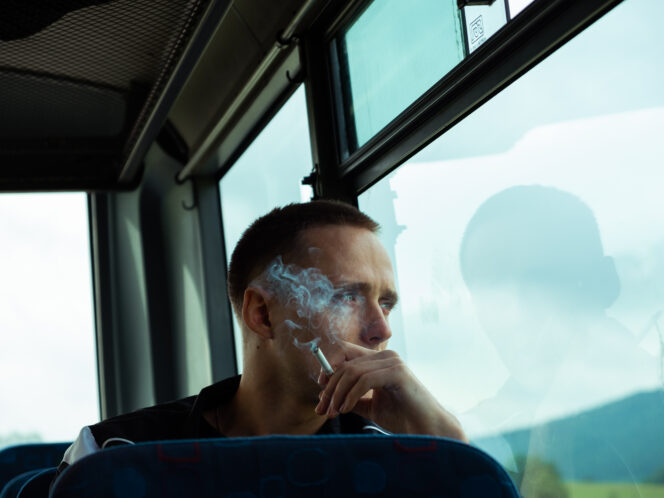
Was it the working of the Virgin Mary that caused the door behind the side altar to appear before the eyes of believers? That is unknown. What’s certain, nevertheless, is that whenever somebody walked through that door, their life completely changed.
It’ll be about ten years since Hela Majchrzak discovered the door behind the side altar, and that’s how it all started. It happened to be her turn on Thursday, so off she went to clean the church. Along the way, she picked some flowers in the meadow to reward the Virgin Mary for having to stand there out of sight like that, even though in a new dress, freshly gold-plated, done in the spring per the pastor’s
